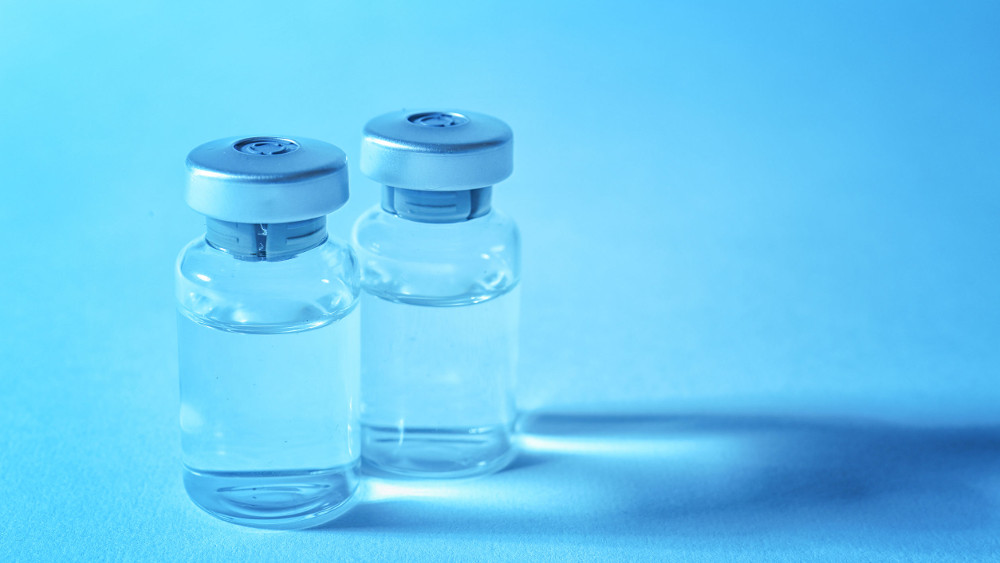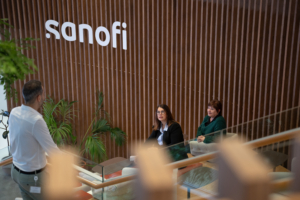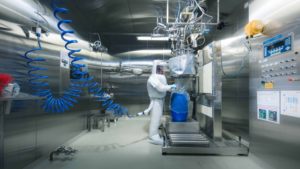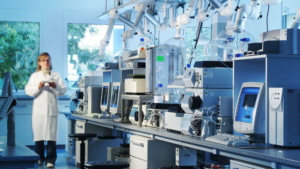
SPC manufacturing waivers: A blow to innovation?
The EU's Big Pharma companies have sharply criticised the European Parliament's Legal Committee JURI backing of an amended proposal of the European Commission (EC) to introduce a supplementary protection certificates (SPC) manufacturing waiver. Under the waiver, EU-based biosimilar and generics makers would be allowed to export copycat drugs during the SPC period that adds five years of additional IP protection to the 20 years of patent duration.
The European Federation of Pharmaceutical Industries and Associations (EFPIA) criticised the manufacturing for export exemption for EU Regulation 469/2009 initially proposed by the EC and amended by the Committee of the Permanent Representatives of the Governments of the Member States to the European Union (COREPER) in mid-January. It’s critical to note that implementation of the regulation will be at the cost of high-value research and development jobs in Europe, stated the EFPIA.
Under the current EU right, European biosimilar and generics makers are barred from producing their products within the SPC period that was introduced to offset the effective patent protection, lost due to the long clinical testing period (up to 12 years) of originator meds.
With its amendment to the Regulation made as part of its Single Market Strategy in 2015, the Commission wanted to exempt exports of such EU-made biosimilars/generics to unprotected non-EU markets, where the SPC does not exist or has already expired during the SPC period. To prevent re-import of biosimilars into the EU, the EC proposed anti-diversion measures – such as labelling, disclosure of commencement of production, and the names of API and excipient manufacturers, as well as the provision of a list of export countries.
According to the Commission, such a waiver would correct the competitive disadvantage for EU companies caused by restricting manufacture of SPC-protected generics or biosimilars for export.
While biosimilar makers claim that the waiver could add thousands of high-tech jobs in the EU, because it allowed EU producers to invest in Europe rather than in India, Korea, or China, producers of originator meds said the waiver would be detrimental to innovation, research, and the European economy.
The EFPIA said, however, that the erosion of IP incentives could be stopped, by prohibiting the stockpiling of biosimilars/generics during the SPC period, an effective notification and labelling system and non-retroactive implementation. In the EU, 86% of approved drugs have an SPC.
JURI’s amendments
The EP’s JURI committee not only backed the Commission’s proposal but surpassed it, reflecting previous claims of Medicines for Europe, the generics and biosimilar industry association. Right before the trilogue between the European Council, EP, and EC regarding the amendments is going to start, JURI extended the original scope of the EC proposal. At the end of January, the EP committee also voted to include the possibility to produce and stockpile biosimilars or generics for two years, in order to prepare for launch in the EU the moment SPC expire. Though the Commission argued that Europe’s bio-similar makers would miss a big business opportunity if they weren’t allowed to produce within the SPC period, they also determined that there was no need for stockpiling. The EFPIA criticised that there was no legal or economic assessment of the impact of stockpiling on the research-based industry.
According to an impact assessment published by the EC last year, a first wave of biosimilar competitors to first generation blockbuster biologics worth €90bn is expected beyond 2020. According to the report, an SPC manufacturing waiver might create 25,000 additional direct jobs, €9.5bn net sales for the EU industry, and €3.1bn in EU medicines spending.
First published in European Biotechnology Magazine, Spring 2019 edition.


 ©FabienMalot
©FabienMalot Lonza Group
Lonza Group Vetter Pharma
Vetter Pharma